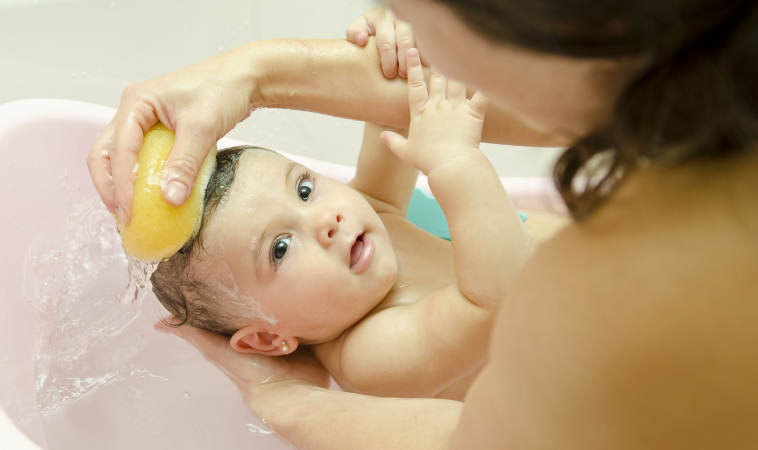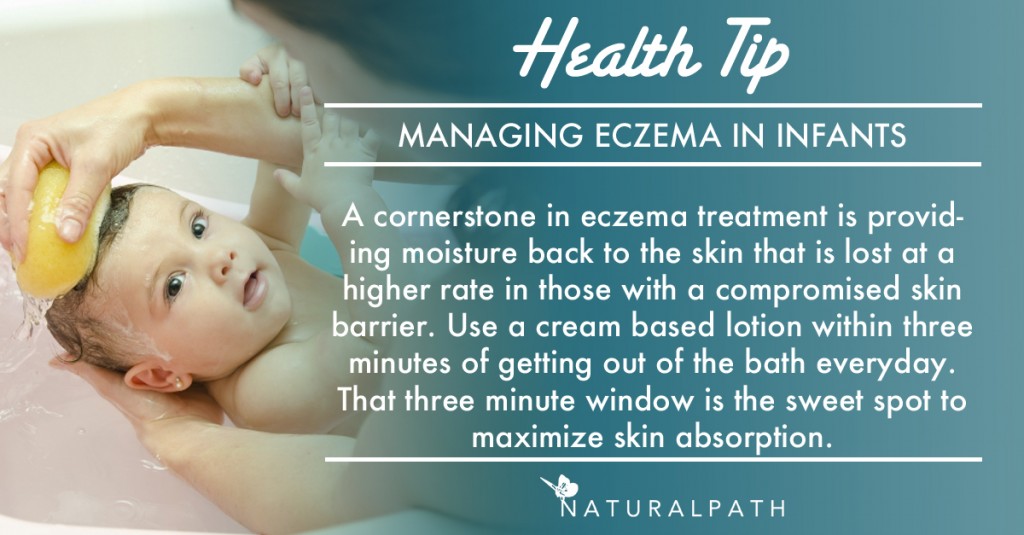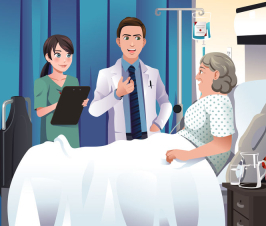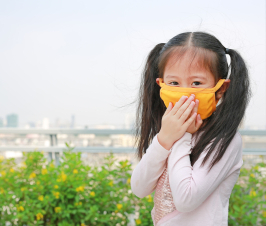Dr. Krystal Richardson, ND
@NaturopathicFam
The weather turning chilly. The air turning dry. The windows being closed up. What do all these things have in common? Eczema flares. This is the time of year that has parents and their kids coming into the office for help in treating their eczema flares.
Eczema is becoming an ever popular diagnosis among kids and is estimated to affect up to 20% of kids worldwide (Weston). It is characterized as a breakdown in the skin barrier (otherwise known as the epidermis). There is essentially two main problems that have to be addressed when treating eczema: 1. The impaired skin barrier and 2. The increased skin permeability that leads to a loss of water in the skin and excess dryness. Eczema presents as an itchy, scaly red rash that typically appears on the inside of the elbows, back of the knees, scalp, wrists, ankles, and face (though can be present anywhere on the body). Having a parent with eczema, allergies, or asthma greatly increases the risk of a child having eczema.
Bathing daily (without soap) may be a good option for those with eczema to remove allergens that can worsen eczema flares.
When it comes to treating eczema the best defense is a good offense. For many years the foundation of any treatment plan to treat eczema was to decrease the number of baths or showers taken in a week. The main reason for this was to address the propensity for skin to become overly dry. However, in many kids with eczema there is also a strong allergy component. Therefore, there is something to be said for bathing every day to remove any allergens that a child has come into contact with during the day. So how do you balance the need to remove allergens gained throughout the day with not overly drying the skin with bathing. The key to the perfect balance is to not use soap after every bath, as that can worsen dry skin, and instead just rinse off.
The other cornerstone in eczema treatment is providing moisture back to the skin that is lost at a higher rate in those with a compromised skin barrier. What this looks like is using a cream based lotion within three minutes of getting out of the bath EVERYDAY. That three minute window is the sweet spot to maximize skin absorption.
Some additional helpful tips to help eliminate allergens that may be worsening eczema:
- Get an air filter to further eliminate allergens in the bedroom (the room we spend most of our time in at home). A HEPA filter is often preferred for quality.
- Vacuum, dust, sweep, and mop often. Often I will tell patients to do these things every day for a week. This helps to remove any allergens that have built up over time. Once a week following that is sufficient for maintenance.
- Wash bedding once a week and consider putting plastic pillow covers under pillow cases.
Final note: Eczema should only be diagnosed by a doctor as it has similar symptoms to many other conditions. In addition, this is not an exhaustive list of treatment options and you should always see your doctor prior to implementing any new treatment plan and for additional treatment options.
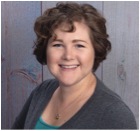 Dr. Krystal Richardson is a naturopathic doctor who is an expert in integrative medicine. She is passionate about family medicine and enjoys working with all ages. She believes in creating a relationship with her patients that focuses on a partnership where patient and doctor can work together towards achievable goals.
Dr. Krystal Richardson is a naturopathic doctor who is an expert in integrative medicine. She is passionate about family medicine and enjoys working with all ages. She believes in creating a relationship with her patients that focuses on a partnership where patient and doctor can work together towards achievable goals.
While pursuing a medical degree at Bastyr University, Dr. Richardson pursued advanced training and education in women’s health, pediatrics, cardiovascular wellness and diabetes care. Dr. Richardson’s greatest joy comes from working with the pediatric population and encouraging healthy habits early, but also believes that achieving a better place of health is possible at any age.
Dr. Richardson has been used as an expert for care.com and has had articles published in the Naturopathic Doctor News & Review. In addition towritingshe enjoys being an active member of her community and has participated in many fundraising and community events.
Reference:
- Weston W, Howe W. Pathogenesis, clinical manifestations, and diagnosis of atopic dermatitis (eczema). Uptodate. http://www.uptodate.com/contents/pathogenesis-clinical-manifestations-and-diagnosis-of-atopic-dermatitis-eczema.
Updated June, 02, 2015. Accessed November 11, 2015.

